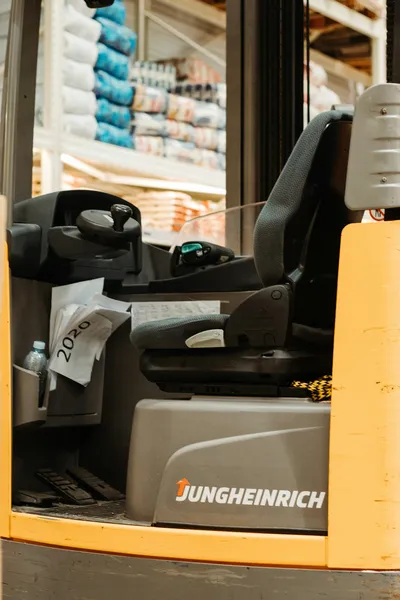Mastering Customs Compliance for Successful Imports and Exports

The Importance of Customs Compliance
Customs compliance is a critical component of successful import and export operations. Ensuring compliance not only avoids legal complications but also helps in building a reputable global trading profile. This guide will explore the essentials of customs compliance, offering insights into efficient practices for navigating international regulations.
Understanding Customs Regulations
Each country has specific customs regulations that traders must adhere to. Familiarity with these regulations, including tariffs, duties, and import restrictions, is essential for minimizing delays and penalties. Start by researching the customs laws relevant to your product and target markets.
Documentation Best Practices
Accurate documentation is fundamental to customs compliance. Necessary documents often include commercial invoices, shipping manifests, and certificates of origin. Ensuring these documents are correctly filled and aligned with regulatory requirements mitigates the risk of shipment delays. Utilize digital tools to streamline and verify your documentation process.
Classifying Goods Correctly
The harmonized system (HS) code classification of your goods determines applicable duties and taxes. Misclassification can lead to fines and increased scrutiny by customs officials. Invest time in determining the accurate HS codes for your products and consider consulting a customs broker for expert advice.
Leveraging Technology for Compliance
Technology plays a significant role in maintaining customs compliance. Various software solutions offer automated updates on regulatory changes, helping businesses stay informed and adaptable. Implementing such tools ensures you can respond promptly to changes in trade agreements and customs laws.
Long-term Relationships with Customs Brokers
Establishing a strong relationship with a reliable customs broker can be invaluable. Brokers provide expertise in regulatory updates and can facilitate smoother transactions. Choose a broker with excellent knowledge of your industry and international reach.
Conclusion
Mastering customs compliance is a continuous process that demands vigilance and proactive management. By understanding regulations, ensuring accurate documentation, and leveraging both human and technological resources, businesses can optimize their trading practices and mitigate the risks of international commerce. Stay informed and adaptable to thrive in the global marketplace.
Top Business Guides
Discover our most popular business guides, highly recommended by our readers for their valuable insights and expert advice.

Crafting Compelling Content That Captures and Converts

Keys to Effective Inventory Management for Operational Excellence

Optimizing Warehouse Space: The Ultimate Guide
